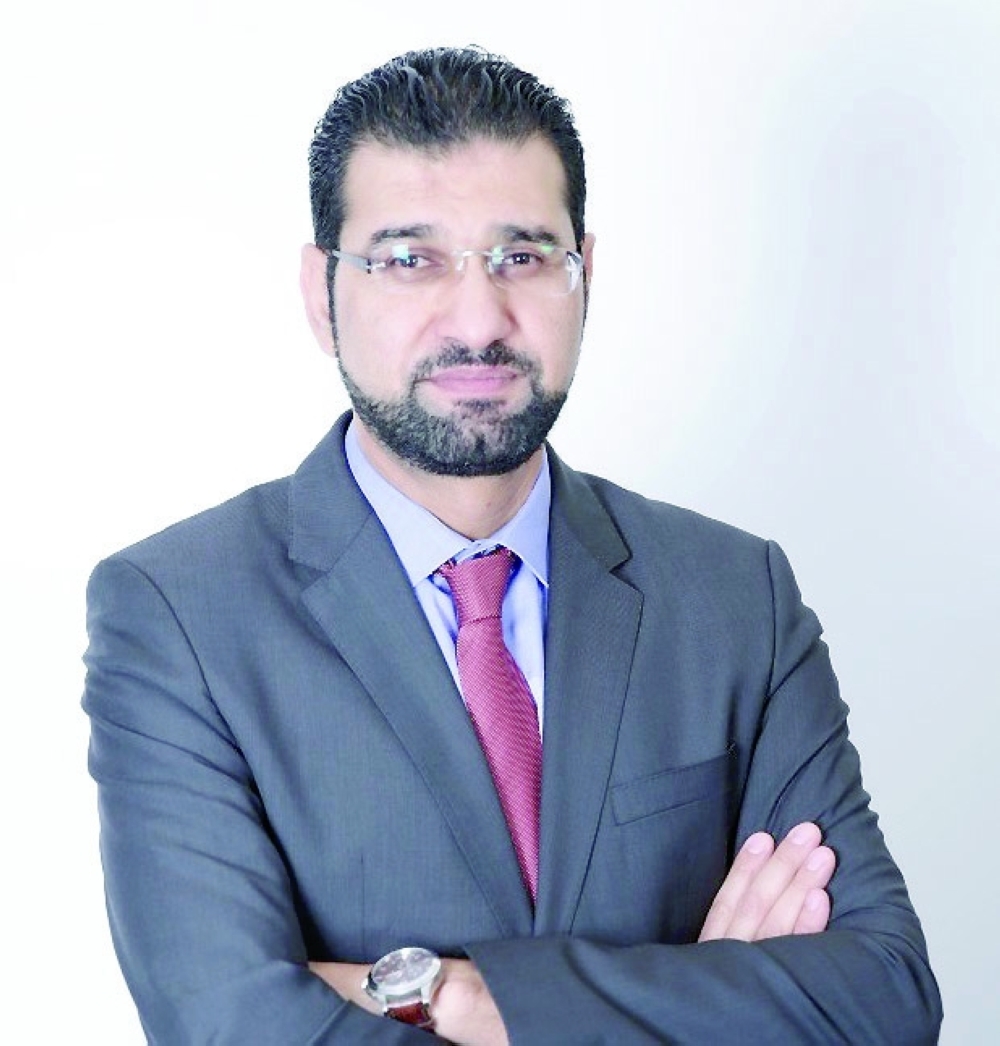

Digital transformation in all sectors, including banking, is no more optional in the post-Covid scenario, said a senior banking executive on Monday.
Speaking to the Observer, Khalid al Kayed, CEO of Bank Nizwa, said, "Like everyone, we also have an integrated digital strategy apart from our cooperate strategy. It is not just about automating our service, but about offering a good bank experience to clients, including helping them to transact from anywhere and anytime. We are working with a Fintech firm where clients can access our products using smart contracts. The client can go to the agency for personal and vehicle loans and they can get it approved within in few minutes. This will put us in a better position against our competitors.”
Kayed said that upgrading payment systems like e-wallets is part of our strategy and encouraged by the CBO. “We plan to introduce some products during the course of next year.”
CBO has introduced a number of strategic initiatives for fintech development in Oman. In 2020, CBO launched the Fintech Regulatory Sandbox Framework to fast-track the rollout of Fintech solutions by enabling applicants to test their proposed fintech solutions live under CBO’s oversight with any needed temporary regulatory exemptions.
The CBO is also closely tracking the developments in other emerging areas and has set up task forces to study Central Bank Digital Currencies and other digital innovations to equip itself to take appropriate action as and when needed.
Kayed said that the banking sector is the main pillar of the Oman economy, which showed a lot of resilience during the Covid period. “Despite internal and external challenges during Covid, banks proved to be sustainable and it is evident from the growth and profitability figures. Islamic bank got was impacted less during the pandemic due to product offers such as social financing, which really made a difference while competing with conventional banking.”
He said that there has been steady growth in terms of Islamic banking’s contribution to the GDP and we are seeing a migration from conventional to Islamic banking,” he said.
According to CBO, the Islamic banking sector in the Sultanate of Oman, which comprises of two Islamic banks and five Islamic banking windows, has continued its double-digit growth in 2021 despite the adverse economic impact of the Covid-19 pandemic.
As of December 2021, the total asset base of the Islamic banking sector in Oman reached RO 5.9 billion with a growth of 13.6 per cent, which corresponds to a market share of 15.2 per cent of total banking sector assets, thereby gaining systemic significance as a sector.
Similarly, as of December 2021, total deposits and total financing of the sector reached RO 4.4 billion and 4.9 billion respectively, with a corresponding share of 17.2 per cent and 17.4 per cent.
Oman Observer is now on the WhatsApp channel. Click here



